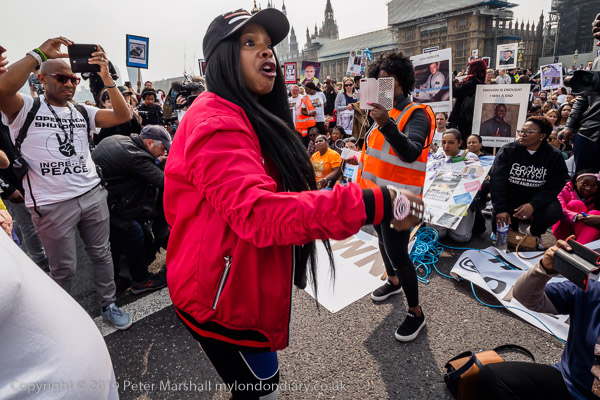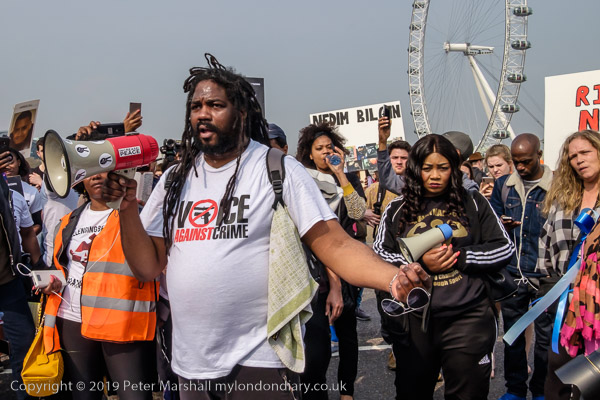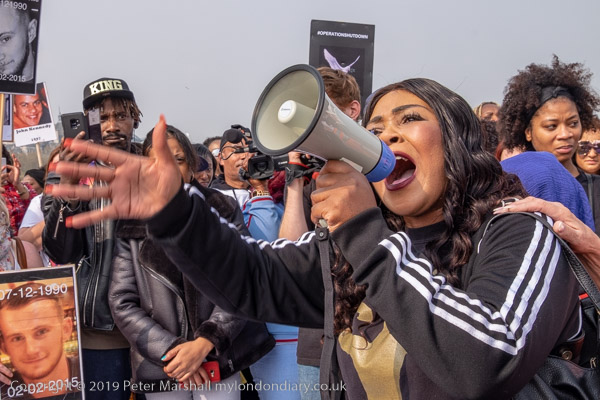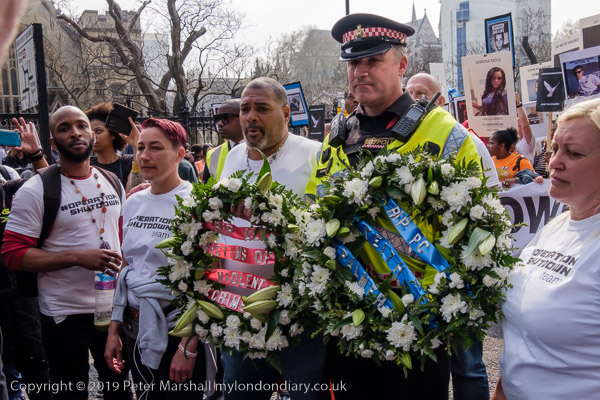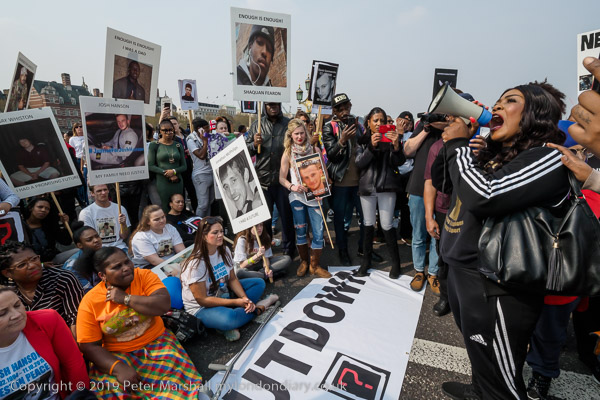Five years ago today on Saturday 3rd June 2018 I photographed two events in London, beginning with a protest opposite Downing Street by campaigners against gun and knife crime and moving on to an annual march remembering the 1984 Indian Army attack on the Golden Temple in Amritsar where thousands of Sikhs were massacred, and the Indian government encouraged mob killings of Sikhs across the country following the assassination of Indira Gandhi by her Sikh bodyguards later in the year.
Anti-Knife UK protest – Downing St
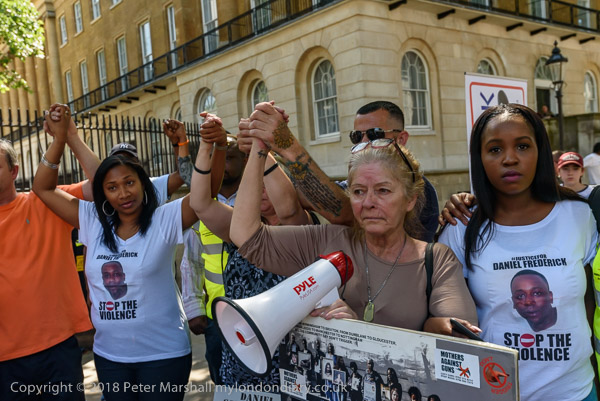
The event was organised by Anti-Knife UK, founded by Danny O’Brien in 2008 which monitors knife crime incidents from across the UK on a daily basis. 2008 had been a particularly bad year for the murder of teenagers on London’s streets, with 29 deaths, and thought the numbers had gone down until 2012 when there were 9 such deaths by 2017 they back up to 27.
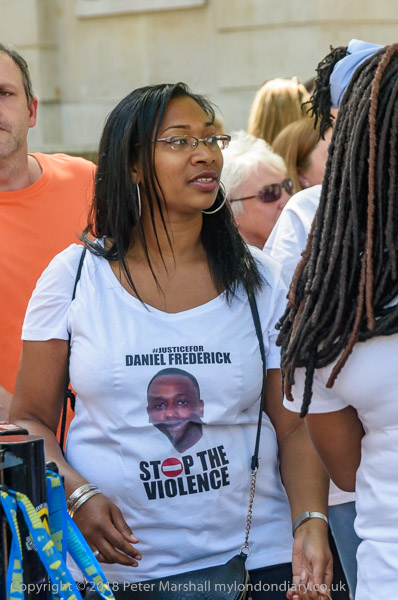
All of these deaths are tragedies for the teenagers and their families, and the numbers of crimes involving knives across England and Wales is huge – now over 45,000, though many of those are for possession of knives – and the total number of deaths is the year ending march 2022 was 261.
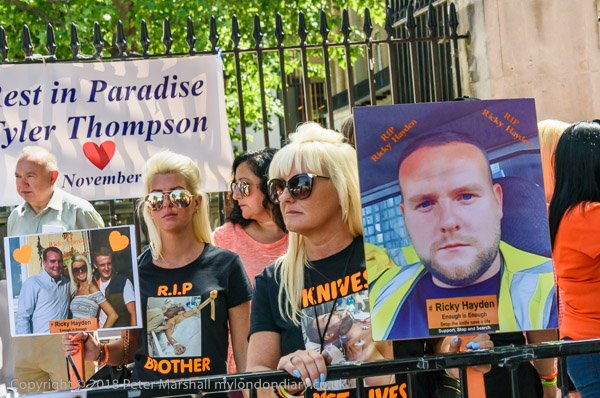
Many of those at the protest were bereaved family members and their supporters and were wearing t-shirts or holding placards with photographs of the knife victims and pairs of empty shoes as well as banners.
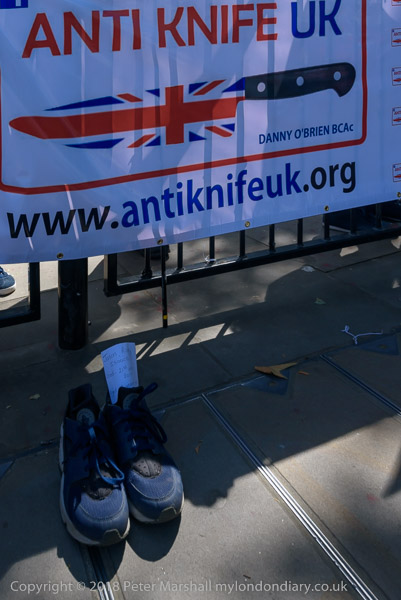
Speakers called for measures to tackle the problem including tougher sentences, tagging of all knives, knife arches in night clubs, equal rights for victims and families, a review of the laws governing self-defence and reasonable force and work in schools and communities.
More pictures at Anti-Knife UK protest.
Sikhs remember the 1984 genocide
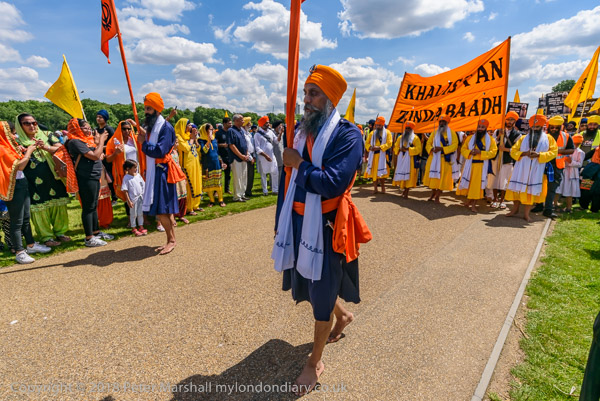
I went to meet a large crowd of Sikhs at a rally in Hyde Park before the march, sitting on the grass. It was 24 degrees in London, and without any shade I was far too hot. Few of the speeches were in English, but many of the placards were and others graphically made their message clear.
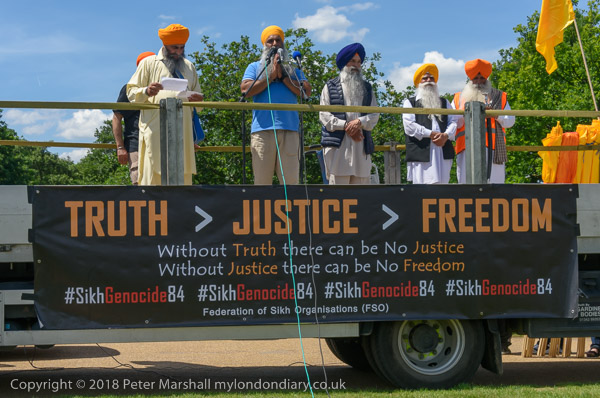
Sikhs were badly treated by the British at the time of partition which divided the country up between the Hindus and Muslims, with millions of people having to flee across the borders of the new states and millions were terribly killed in doing so. Sikhs had called for an independent Sikh state in the Punjab, but most were simply lumped in, along with Buddhists and Jains with Hindu dominated India, although large numbers also remained in the part of the Punjab which had been designated as Muslum Pakistan.
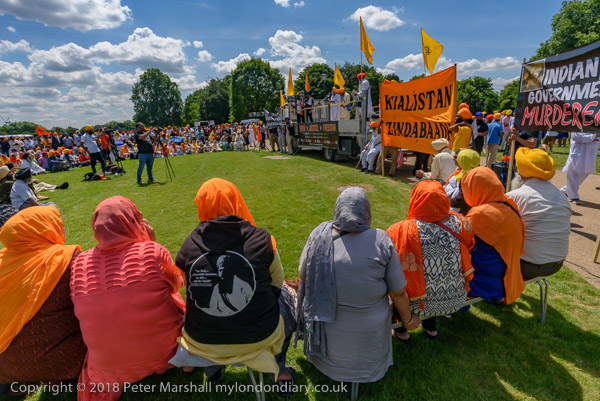
Although there were large numbers of Sikhs across the Punjab before partition were still a minority population and they were not united in their demands for an independent state of Khalistan. Althugh they would probably have been better joining Pakistan, their cultural ties to Hinduism as well as a history of persecution by Muslims led them to instead unite with India. Many Sikh leaders had been involved with the Indian Congress Party which had made them promises about their position in India where the are less than 1% of the population but these were never kept.
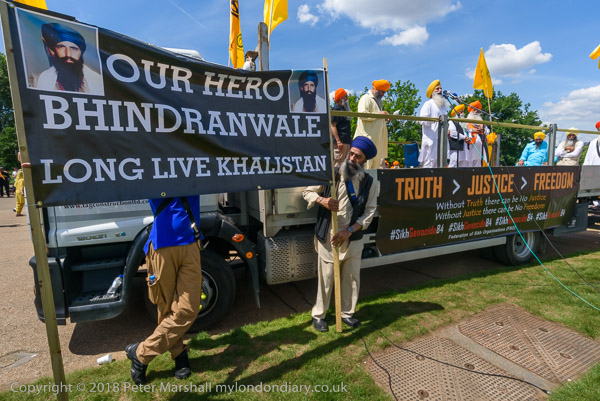
The idea of a separate Khalistan became talked about more widely particularly in the diaspora in the 1970s, with the movement in Punjab led by Jarnail Singh Bhindranwale advocating an autonomous state within India. The movement had become increasingly militant with a number of armed supporters, setting up in 1982 what Wikipedia describes as ‘what amounted to a “parallel government” in Punjab‘.
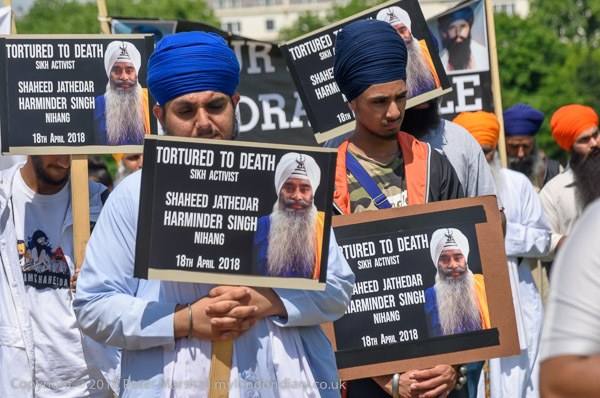
In June 1984, the Indian Army launched Operation Blue Star to remove Bhindranwale and his armed followers from the Golden Temple complex in Amritsar, killing Bhindranwale and large number of his supporters as well as many civilians as the temple was packed with pilgrims. The figures for deaths are disputed but probably between 5-7,000, with around 700 of the Indian army also dying.
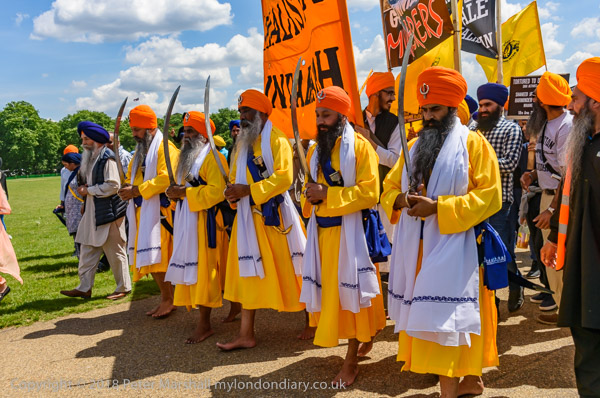
In 2018 I commented “Since this 1984 Sikh genocide there has been a continuing program of police arrests, torture and killing of Sikh males in the Punjab and crippling economic and social policies. Sikhs demand independence from India and a Sikh state, Khalistan.”
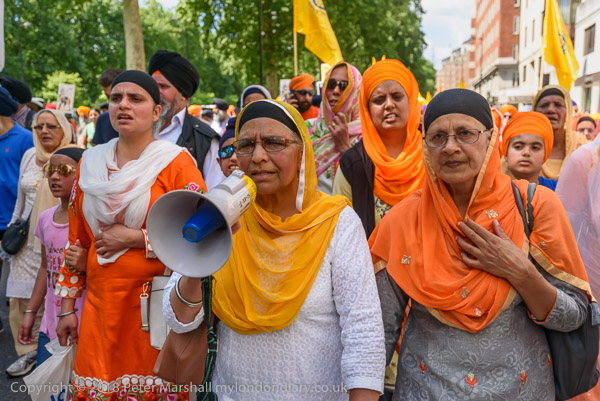
After the rally the march set off, led by Sikh standard bearers and five Khalsa representing the Five Blessed Ones or Panj Pyare holding swords and walking barefoot in their orange robes and followed by several thousand Sikhs with flags, placards and banners. I talked with them past Marble Arch and down to Hyde Park Corner where I left them going down Piccadilly towards another rally at the end of the march in Trafalgar Square.
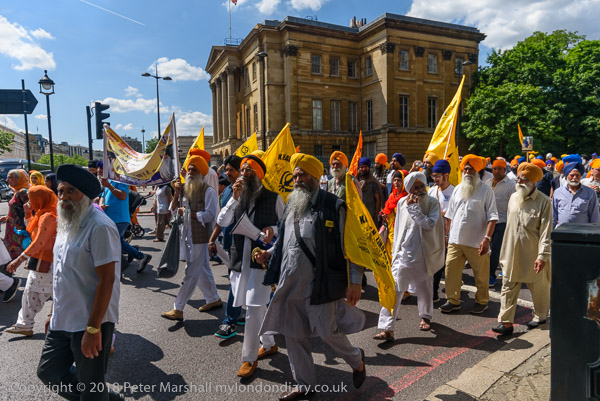
You can see many more pictures and captions describing the event on My London Diary at Sikhs remember the 1984 genocide.
